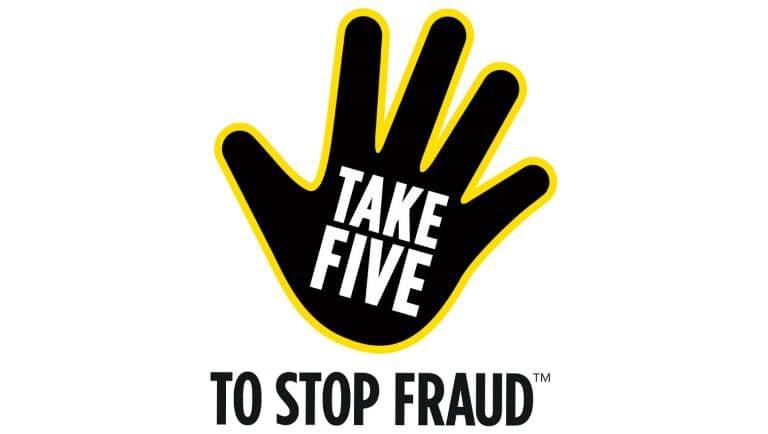
Investment scams
When you’re invited to invest in things that are worthless, or don’t exist.
How it could happen to you
- You see an advert for a ‘get rich quick’ scheme on social media and it looks like a celebrity or someone you trust is recommending it. Really, it’s someone impersonating them, and the scheme is a scam
- Someone offers to open and manage a digital wallet for you, to help you invest in digital currency. It might look like you’re making a return, but the investment and the wallet are both fake. The person is stealing everything you send them
- You search online for bonds, shares or pension plans, then someone contacts you with an investment deal. They might say you need to pay a fee to secure it. Eventually they’ll disappear with the ‘fee’ and any money you ‘invest’ with them
- You invest with a company you’ve heard of before and trust, but a scammer is posing as them. They might have made a fake website and sent genuine-looking documents to help convince you. Once they have your money, they disappear.
How to protect yourself
- Check the Financial Servicers Register to make sure firms and individuals are authorised by the Financial Conduct Authority (FCA). If they are, you’ll find registered details you can use to contact them, to help make sure you’re not dealing with a scammer
- Before investing with a company, use the FCA’s ScamSmart Investment Checker to see if it’s likely to be a scam.
- Speak to a trusted friend or family member before investing, and consider consulting a qualified financial adviser
- Remember that adverts you see online or on social media might be fake. Always do your own research and read reviews of the investment and the company
- If an offer sounds too good to be true, it probably is
What does it look like?
We’ve written some stories that show what investment scams might look like. They describe common tactics we know scammers use, based on insights from our fraud and scams team.
Types of scams to watch out for
These are among the most common tricks currently used by scammers but they constantly come up with new ways to contact you, so be vigilant.

Impersonation scams
When someone pretends to be the police, a bank, a friend or business, to convince you to send them money.

Investment scams
When you’re invited to invest in things that are worthless, or don’t exist.

Purchase scams
When fake or non-existent items are advertised for sale.

Advance fee scams
When fake companies ask for an upfront fee and then don’t provide the service you’ve paid for.

Invoice scams
When account details on an invoice are changed, or emails are intercepted, so the money is wrongly paid into the scammer’s account.

Romance scams
When someone pretends to be interested in a romantic relationship with you. They gain your trust and then ask for money.

Pension scams
A scammer says they can make you money, and convinces you take a lump sum out of your pension – then steals it.

Doorstep scams
A rogue trader knocks on your door and pretends your house needs work – then overcharges you for it and often doesn't finish the job.

Bereavement scams
A scammer contacts you after someone has died, and says you owe money to pay off a debt or access a payout.

Phishing, smishing, and vishing
You receive an email, text message, or call claiming to be from a well-known company or organisation such as a bank or the police.
You may also like…

Protect yourself from fraud
Learn about the different types of fraud
More and more people are being targeted by fraudsters, so it’s important to be alert. Knowing about the different types of fraud can help you protect yourself and your money.

Think you’ve been a victim?
How to report fraud or a scam
Find out what to do if you’re worried about a card payment, how to report fraud and scams and what happens after you tell us, plus get tips on how to help protect yourself.

Take Five to stop fraud
National awareness campaign
Take Five is led by UK Finance and backed by the Government and other organisations. If you receive a phone call, text or email you think might be fake, it urges you to stop – take five – and challenge what you’re told.

Make money work for you
Explore the ways we can help you start a new relationship with money, whatever your age.


